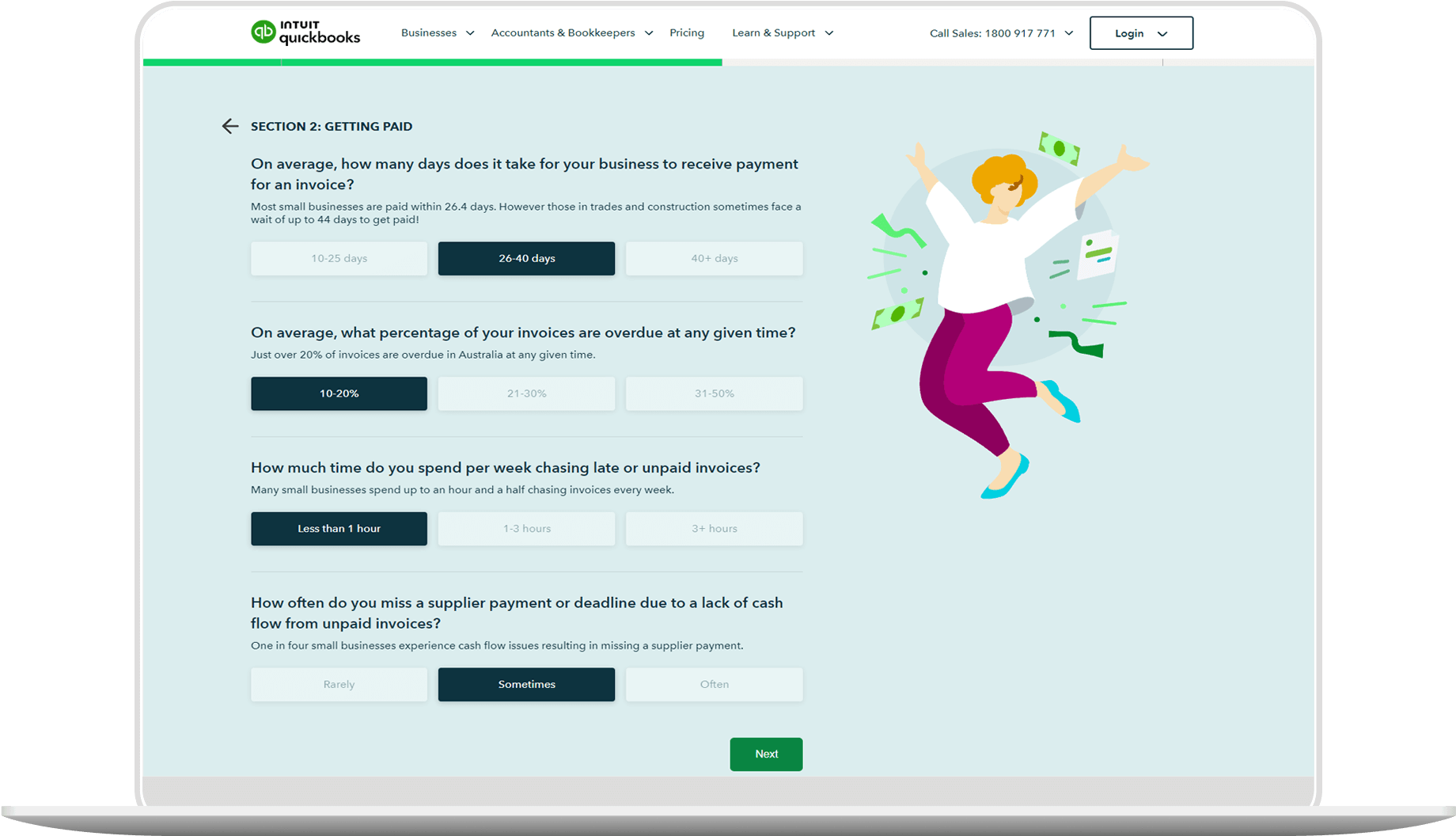Social media marketing ideas for small business
Once you’ve decided on the social media platforms, it’s time to start posting content. Here are some social media tips for your small business to get you started.
1. Claim your Google Business Profile
Claiming your Google Business Profile (formerly Google My Business account (GMB)) is a must for any local business. By claiming your Google Business Profile, you can verify and edit all the information about your business as it appears on Google when people search for it. This is an opportunity for you to make sure your details are correct, add photos of your business, and keep track of any social proof such as reviews. You can also add your social media profiles such as Instagram to your Google Business Profile allowing potential customers to visit your socials directly from a Google search.
2. Apply for Business Awards and Share your Wins on Social
Chances are your industry offers various business awards every year. Entry into these awards is often free and it is a great opportunity for winners and runners-up to gain free publicity. This can be the best type of publicity as it relates to your business receiving industry recognition for your product/service. Depending on your industry, these awards often attract media attention, and enhance the growth potential for your business. Adding your business awards and certificates to your social media profiles and bios is a great way to increase brand authority and trustworthiness.
3. Reach Out to Publications with HARO
HARO stands for Help a Reporter Out. Essentially, it’s a platform for journalists writing about various topics where they may need a quote from an expert.
Let’s say you own a restaurant in Sydney. A reporter can make a request for a piece they’re writing about restauranteurs in Sydney. By providing a quote, you will be attributed in the piece and may gain a link to your restaurant website. With a bit of time and effort, HARO can be a useful way to gain some free advertising in a major publication. Share your brand appearing in media publications across your social platforms to increase brand awareness and authority. Make sure to tag the publication and include a link the post.
4. Schedule and Share Local Events on Socials
If you're a local business, use your social media platforms to schedule and share local events. You can use Facebook to create and schedule an event your small business is hosting and share it across your social media platforms. For example, share your local pop-up shop event. You can also share local events you will be joining, either as a participant, sponsor, volunteer, or board member.
Sharing events on social media allows your small business to reach a wider audience and lets interested customers join the event and set reminders to attend. By joining and socially sharing these events, you increase your visibility and get the chance to network with locals in your area - the potential customers for your business. When you’re at these events, bring something of value to entice your audience on the day, whether it's free samples or informational content.
5. Share your Newsletter
Much of modern content marketing centres around offering educational value to your customers.
Sharing valuable information builds your reputation as a creditable, trustworthy source. Keep this up over time and word of mouth will spread about your status as a go-to source in your industry.
Consider a monthly newsletter sharing the latest industry insights and news. You can send this to your email subscribers or share on socials to start building that reputation.
6. Host a Social Media Competition
Your social media platforms are a free method of communication with your customers. In 2022, social media should be one of your key marketing channels. You can use this in many ways to cheaply engage with the audience.
Consider giving away something for free—such as a product bundle or discount vouchers —in exchange for social media engagement. No matter how saturated a user’s feed is, they’ll often still stop scrolling for something free
Have your followers like, comment, share, and tag a friend in the giveaway post to boost reach.
7. Share User-generated Content
If you can, encourage user-generated content that you can share through your socials and on your site.
Consumers love to see other consumers using and enjoying a product or service as this acts as the perfect social proof of your business offering in action.
Incentivise existing customers to share photos, videos, and testimonials of them using your products, but ensure you ask permission to use their content. You should also monitor unprompted social media content by tracking your hashtags to find other opportunities of positive content that you can share.
Let that user-generated content do the talking for how your product offers a fantastic solution to customers who may be on the fence about buying from you.
8. Collect Customer Feedback
Social proof is integral to business success these days. Consumers want to see what others think of your products and services before they commit to a purchase.
Therefore, ask for customer feedback through various methods, whether it be encouraging reviews on online directories or asking customers to fill out surveys or questionnaires that you can then share on your socials or your website.
9. Share Video Tutorials
If your business is related to a particular expertise or skill you have, consider creating tutorial videos showcasing your skills for others to learn. Educational content is a great way to provide value to customers, and educational video content is even more engaging.
10. Optimise Content for SEO
Search engine optimisation (SEO) is a fantastic, long term strategy to increase web traffic to your website. Essentially, an SEO strategy helps you design your website and publish content in a way that helps your site appear higher in search rankings for specific keywords. You could hire an SEO expert to help you, but if you can do it yourself, SEO is a free source of increased web traffic, compared to paid advertising. If you use YouTube as your social media platform, make sure to optimise your videos for SEO. Additionally, consider website optimisation for the holidays to maximise seasonal traffic and make the most of high shopping periods.
11. Partner With Other Small Businesses
A great way to freely advertise to a new audience is to partner with a fellow small business and leverage their social media following.
Look for opportunities within your industry for another small business that isn’t a direct competitor. You can conveniently piggyback on each other’s social media channels and blog pages, or host a podcast or webinar together. The critical aspect here is that you both get access to a whole new audience that should be primed and ready to hear your offering.
















